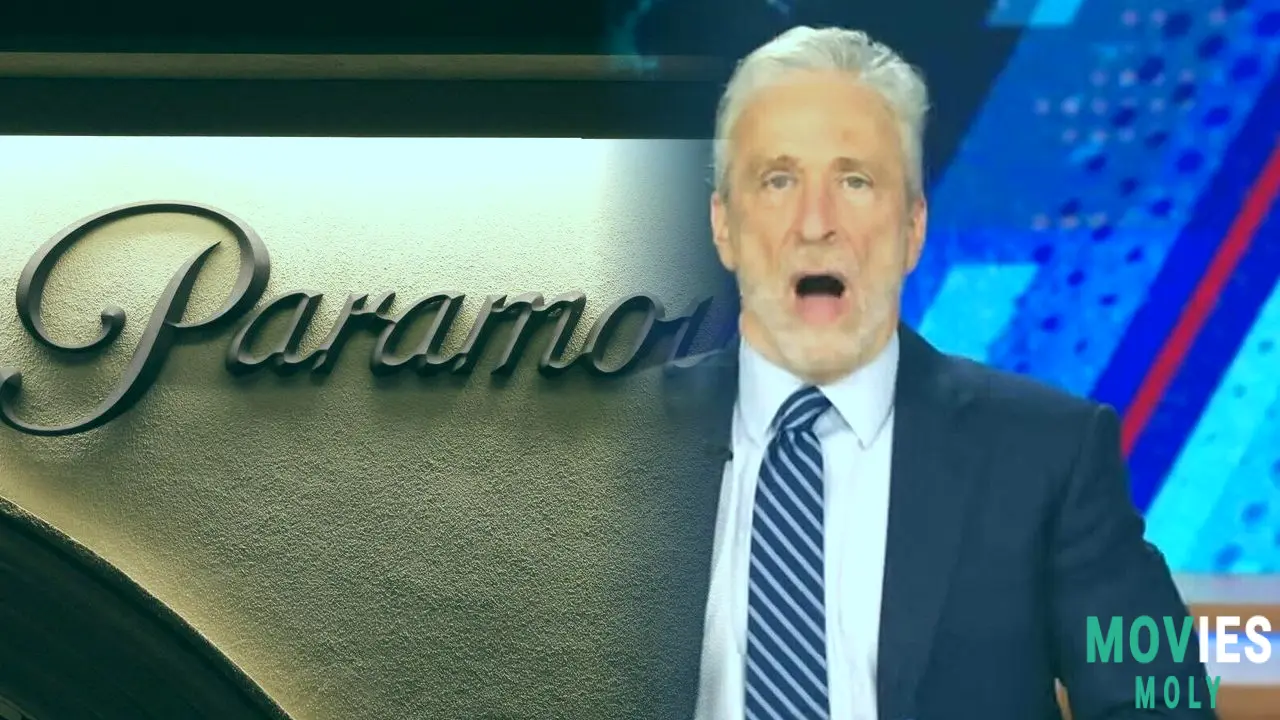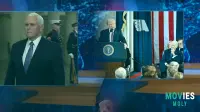In an era where media companies are under more political scrutiny than ever, Paramount finds itself caught in a uniquely dangerous crossfire. The corporate giant, parent to CBS, Comedy Central, and a slew of other influential platforms, has recently been forced to dial back one of its most promising civic engagement projects — The Daily Show’s “Take A Seat” initiative. What should have been a bold push to get Americans running for local office has instead become a glaring example of how media conglomerates are maneuvering to stay solvent while still trying to remain relevant and impactful.
“Take A Seat” Couldn’t Afford to Take a Side — And That Cost ParamountThe concept was simple and sharp, in the clever vein of The Daily Show: encourage citizens to stop complaining and start leading by running for local government positions. “Be the leader you’ve been complaining for!” the now-unlaunched website copy proudly proclaimed. Partnering with groups across the political spectrum — from progressive Run For Something to conservative Women’s Public Leadership Network — the initiative aimed to ignite grassroots political participation in places most Americans don’t even think about when they talk democracy.
But just as the project was about to launch, Paramount pulled the plug. Not because of content concerns, but out of a calculated fear that the Trump administration might weaponize the initiative against them. With the Federal Communications Commission (FCC) — still under Trump-aligned scrutiny — investigating CBS over its 60 Minutes reporting, and a $28 billion merger deal with Skydance hanging in the balance, Paramount’s executives made the call: no partisan associations, even if the groups involved were explicitly nonpartisan in mission.
When Corporate Survival Trumps Creative Ambition
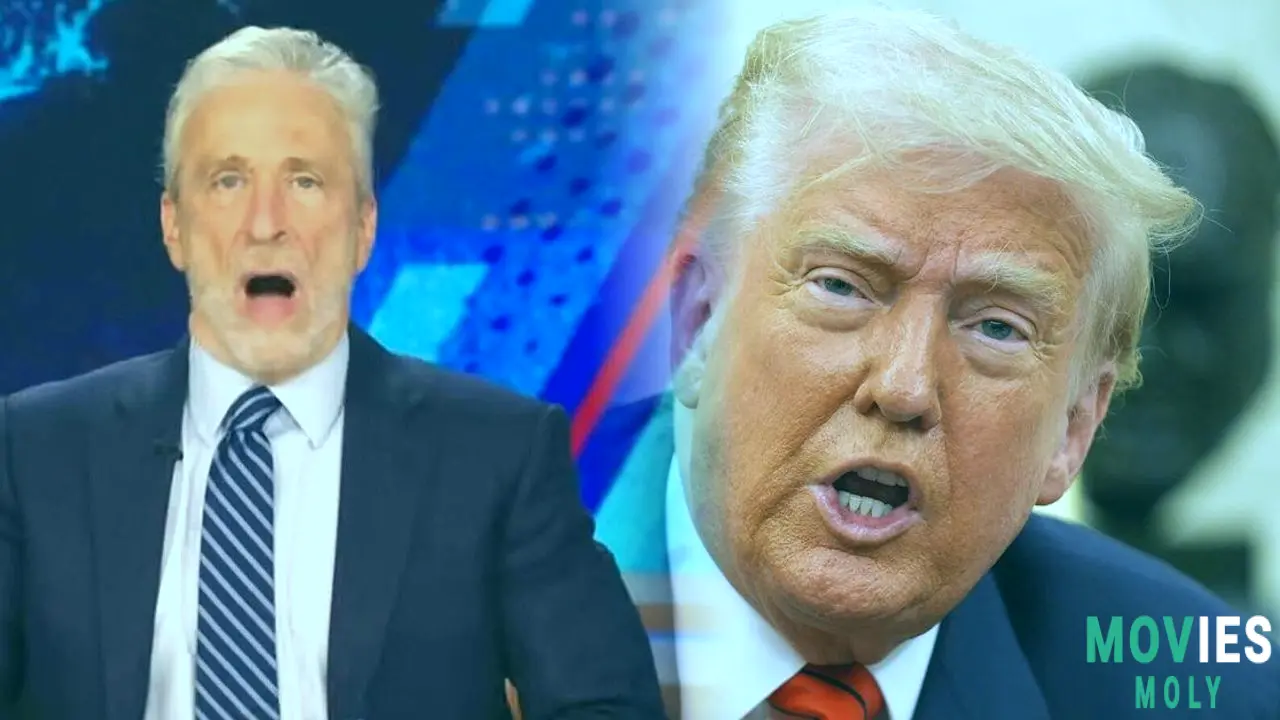
This isn’t just about one postponed project. It’s about the broader ecosystem of pressure that media giants like Paramount are now operating within. The “Take A Seat” initiative may return later this month, but only in a neutered form — now partnered with HeadCount, a nonpartisan group more palatable to the company's political risk radar. The original version, with its edgy, honest messaging and cross-ideological reach, won’t see the light of day for now.
And the irony isn’t lost on anyone paying attention. Paramount, through Comedy Central and other outlets, has historically pushed the envelope on political engagement. MTV’s Rock the Vote campaign, for example, mobilized millions of young voters and changed the political landscape. “Take A Seat” had that same potential for impact at the local level — the foundation of real political change. Now, it’s been muzzled not by public opinion, but by the very real threat of regulatory backlash.
The Deepening Divide Between Corporate and Creative
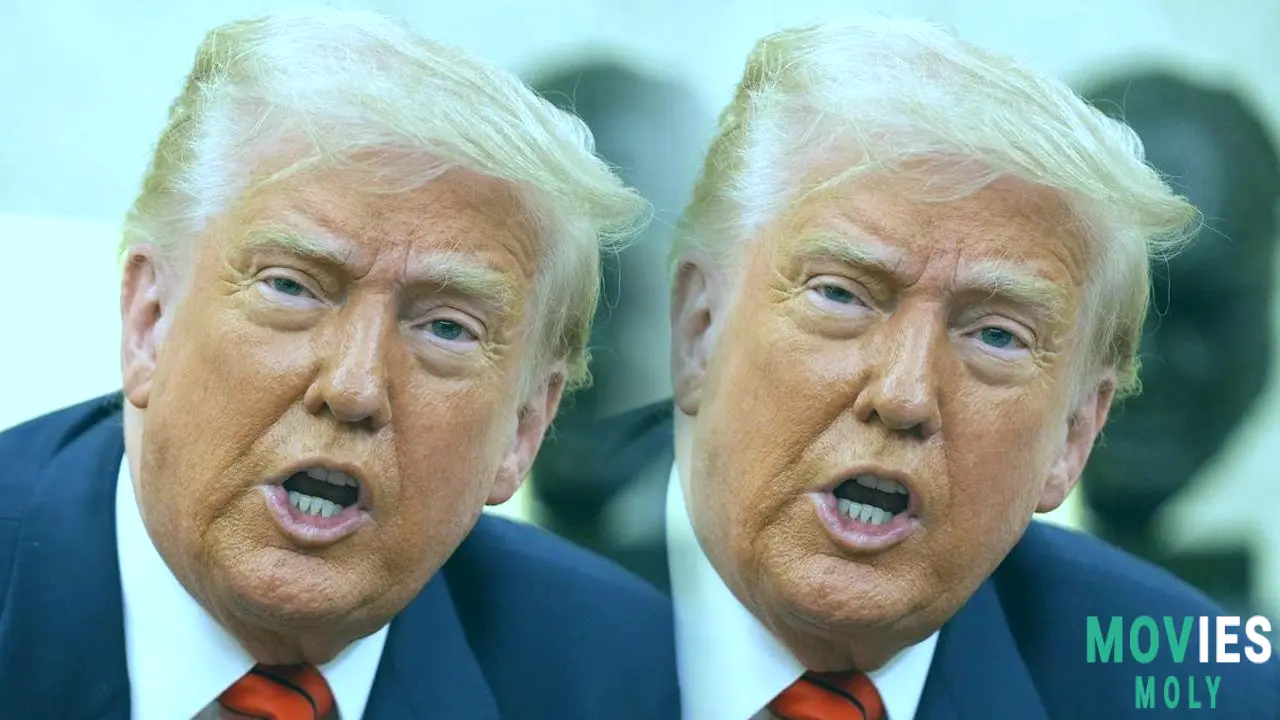
Behind the scenes, this move has only widened the chasm between Paramount’s corporate leadership and its creative and journalistic workforce. CBS News staffers are reportedly furious over the company’s attempts to placate Trump, especially after Redstone’s (Paramount’s controlling shareholder) overtures to the former president — including efforts to preview 60 Minutes segments before they air. These aren't just unpopular moves; they're undermining the trust of the very people creating content that gives Paramount its cultural legitimacy.
The Daily Show, Comedy Central, and CBS News are all squarely in the cultural battlegrounds of American media. And yet, the parent company is now actively reshaping initiatives to avoid provoking a regulator who’s already scrutinizing its flagship news program. It's a tightrope walk that Nicolas Cage in Kick-Ass mode would probably describe as "boring but necessary.” Still, it’s a walk that could cost Paramount its edge in the culture wars — the very wars where media relevance is forged today.
Despite Pressure, Paramount Still Holds Massive Cultural Power
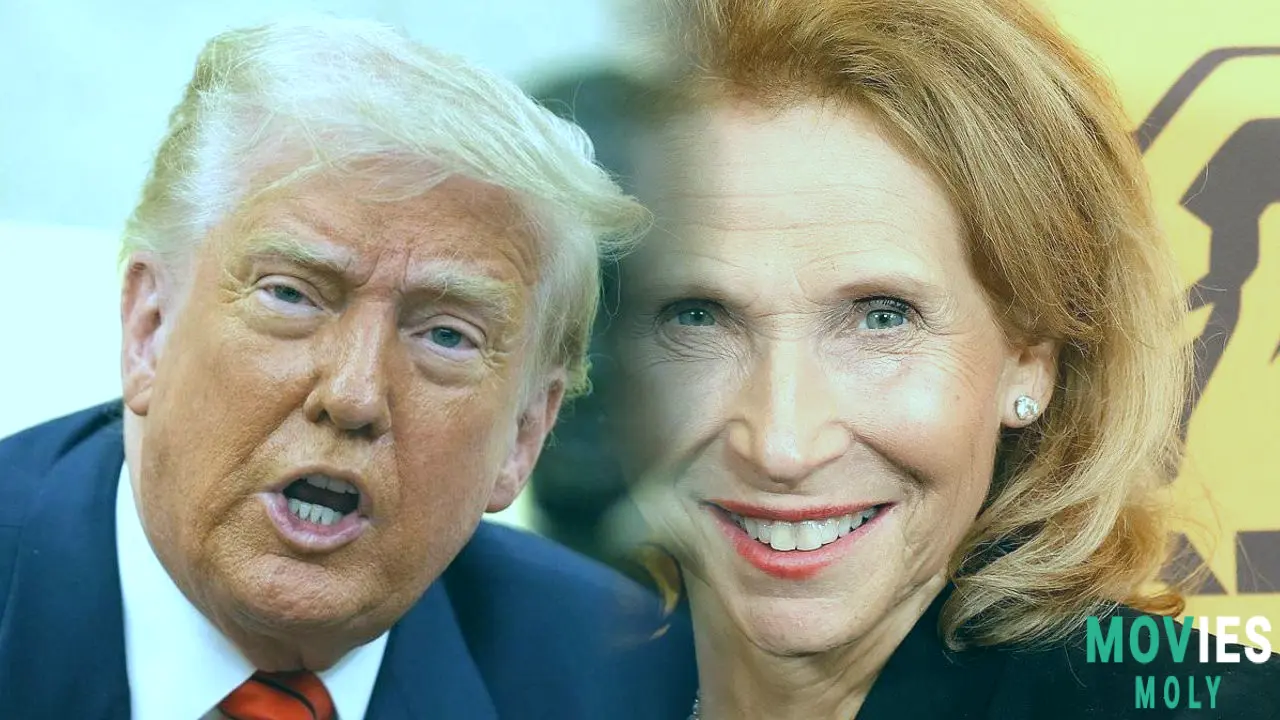
Here’s the twist in this corporate drama: even with its hands tied, Paramount remains one of the most powerful storytellers and culture-shapers in the game. Whether through Star Trek, SpongeBob SquarePants, The Fast & Furious franchise, or The Daily Show, the company controls platforms that matter. And that matters deeply. Because power in media isn’t just about what you say — it’s about what you enable and who you connect.
“Take A Seat,” even in its delayed and altered state, is still an attempt to do just that: connect people to power. And that kind of initiative — no matter how sanitized it has to become to launch — still represents a win for civic engagement. It may not be the guerrilla political activism that Comedy Central hoped for, but it’s still footing the line between entertainment and empowerment. That’s a line Paramount has walked better than most media companies over the last decade.
Paramount’s Next Move Could Shape Media’s Role in Democracy
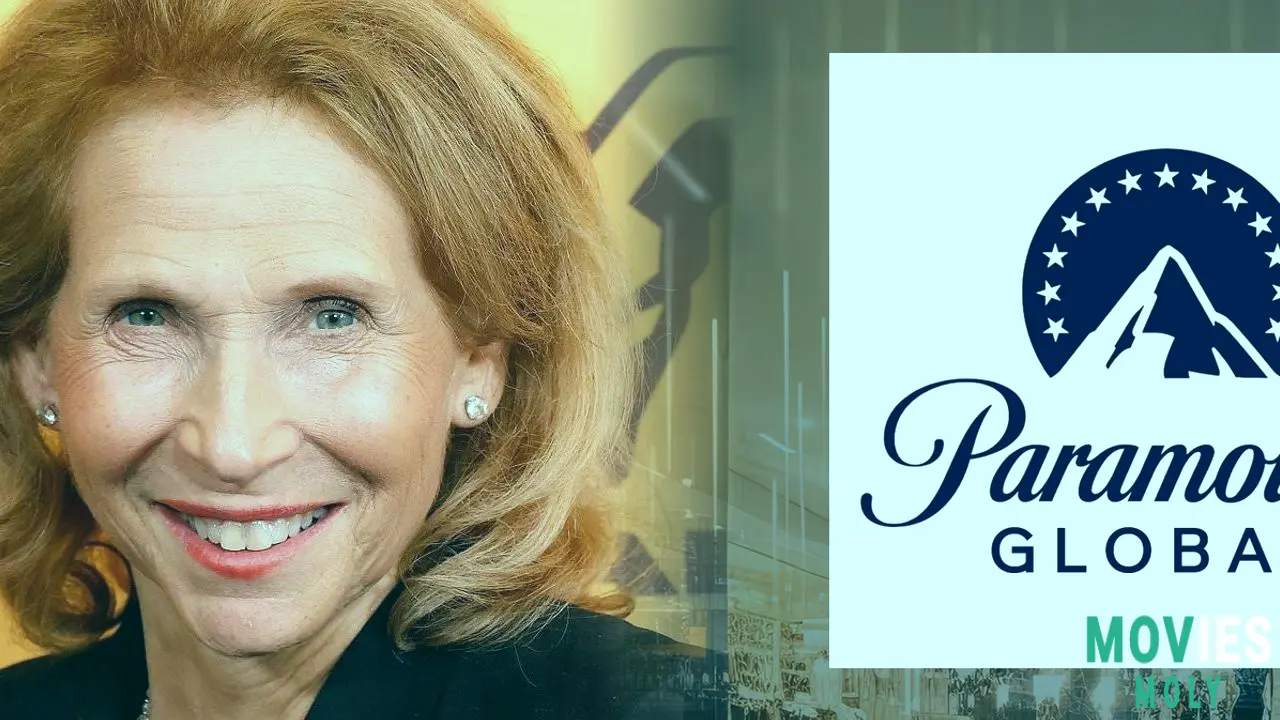
What's clear is that Paramount isn’t just fighting for a profitable future — it’s fighting for its role in American democracy. The way it navigates this fight, between regulatory pressure and creative integrity, will define not only its next few years but potentially the broader media landscape’s relationship with political power.
For now, “Take A Seat” might be a quiet echo of what could have been a louder call to action. But in a world where media giants are increasingly asked to choose between survival and impact, even a delayed initiative is proof that Paramount isn’t ready to sit out the game just yet.

